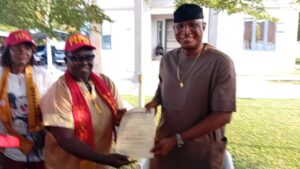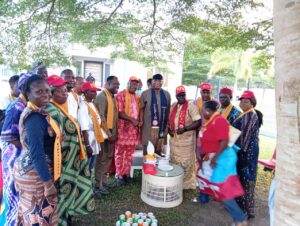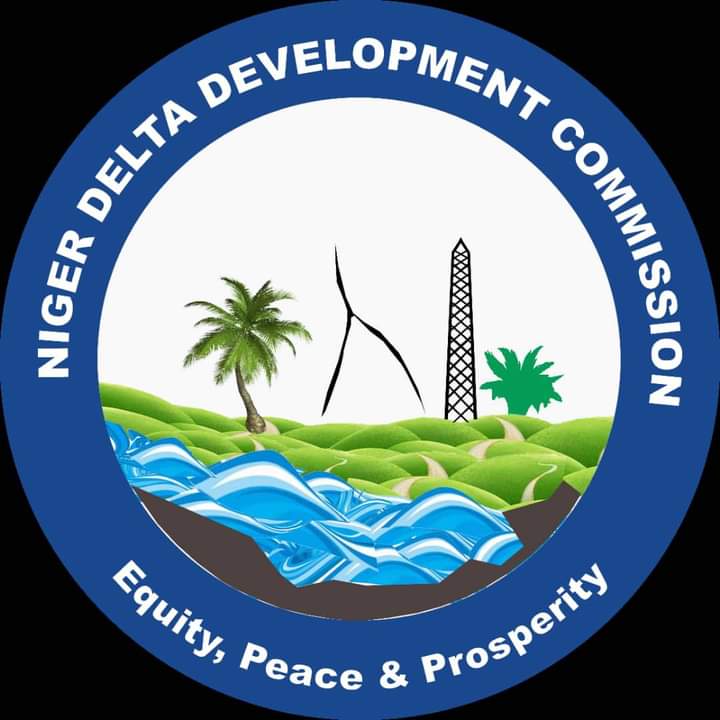By ENITAN ABEL JOHNGOLD ORHERUATA, mnipr
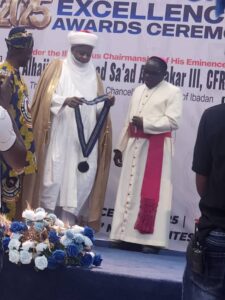
It was an evening of colour, camaraderie and celebration on Thursday in Asokoro, Abuja, as the University of Ibadan Alumni Association (UIAA) Worldwide hosted its 2025 Celebration of Excellence and Award Ceremony—an event that brought together towering figures in academia, politics, diplomacy and faith.
Presiding over the ceremony was the Chancellor of the University of Ibadan and Sultan of Sokoto, His Eminence Alhaji Muhammad Sa’ad Abubakar III, CFR, who delivered a profound message of unity and peaceful coexistence. Contrary to the negative narratives suggesting otherwise, the Sultan reaffirmed that Nigeria remains a nation where religious tolerance not only exists but thrives.
“We must continue to show love to one another, regardless of religion, tribe or ethnicity,” he said. “God did not make any mistake creating us into different tribes and nations. He brought us together to understand one another. Understanding is far more important than mere toleration.”
In a warm and personal reflection, the Sultan revealed his longstanding friendship with Most Rev. Dr. Matthew Hassan Kukah, Bishop of the Sokoto Catholic Diocese, noting humorously that many Nigerians have no idea how close they are.
“Kukah’s church is just three minutes from my palace. Bishop has access to the palace like any other well meaning person. He comes over often, and we sit and drink fura together,” he said, drawing laughter from the hall. “Even Cardinal Onaiyekan has joined us in Sokoto. People don’t know how deep our relationships go.”
To further show you how close we are working, recently i took part in the commissioning of an ICT training center built by Afe Babalola in his compound together with former President Obasanjo.
He urged Nigerians everywhere to cultivate understanding, patience and mutual respect—values he said are indispensable for building a peaceful and prosperous nation.
While congratulating the awardees for being found worthy of recognition by Alumnus of the best University in Nigeria, He said as Chancellor of the insitution, he made sure he attended the occasion despite his tight schedules.
He enjoined the Alumnus to continue to cement the cord of relationships among them and the University and keep faith with the values of the Premier University.
The Sultan emphasized the need to foster and strengthen unity in Nigeria despite the diversity in religion, tribe and culture.
A Night of Distinction and Honours
The 2025 UIAA Celebration of Excellence featured six carefully curated award categories, honouring individuals and institutions whose careers exemplify excellence, service and nation-building.
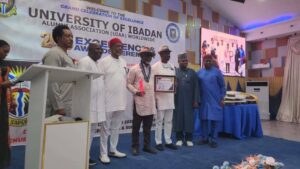
Worthy Ambassador Award
1. Prof. Ibiyemi Ibilola Olatunji-Bello
2. Rt. Hon. Pascal Lord-Michael Adigwe
3. Engr. Abraham Oshadami
4. Hon. Jerry Alagbaoso
Most Distinguished Alumnus Award
1. Dr. Onye Godfrey Achilihu
2. Most Rev. Dr. Alfred Adewale Martins
3. Chief (Mrs.) Victoria Olufunmilayo Awomolo (SAN)
4. Dr. Mohamed Juldeh Jalloh
5. Prof. Benedict Okey Oramah
Lifetime Achievement Award
1. Sen. Dr. George Akume
2. Sen. Chris Ifeanyichukwu Adighije
3. H.E. Chief Michael Ayegbeni Oghiadomhe
4. H.E. Ambassador Joe Keshi
5. Dr. Taofiq Mabayoje Salisu
6. Chief John Nnia Nwodo
7. Prof. Iya Abubakar
8. HRH Eze (Sir) John O. Nwosu
9. Mr. Adebayo Oludare Awosemo
10. Most Rev. Dr. Matthew Hassan Kukah
11. Sir (Dr.) Mike Mbama Okiro
Meritorious Service Award
Hon. Olatunji Bello
Alumnus of the Year
Prof. Is-haq Olanrewaju Oloyede, Registrar of JAMB
Corporate Awards of Excellence
1. Nigerian Communications Commission (NCC)
2. Joint Admissions and Matriculation Board (JAMB)
3. Arise Television
Awardees Echo the Sultan’s Call for Unity
Several award recipients, in their goodwill messages, aligned with the Sultan’s theme of unity and collective responsibility.
“Life itself is an award,” one honouree remarked. “This recognition encourages us to contribute more to our communities and society.”
Another recipient emphasized, “National greatness does not rest solely with those in office; it comes from the collective contributions of each one of us.”
Speakers also highlighted the need for inclusiveness, collaboration, and internal reconciliation across Nigeria and West Africa.
“With limited resources, the challenge is great, but collaboration is the way forward. Pointing fingers will not build the nation, working together will.”
The atmosphere was charged with optimism as stakeholders expressed confidence that the renewed commitment of leaders, especially those being honoured, would translate into positive change in the country.
A Double Honour for Arise News
The night also shone brightly for Arise Television. Its Managing Director, Mr. Bayo Awosamo, received a Lifetime Achievement Award, while the station itself clinched a Corporate Award of Excellence, marking a distinguished double win.
The 2025 UIAA Celebration of Excellence came to a close with resounding applause, a renewed sense of national hope, and a shared conviction that Nigeria’s brightest days lie ahead, anchored on unity, tolerance and purposeful leadership.


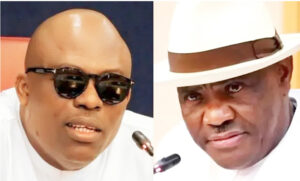
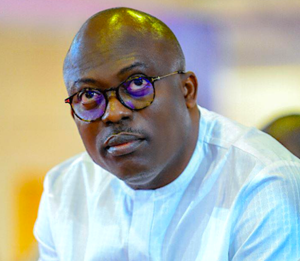
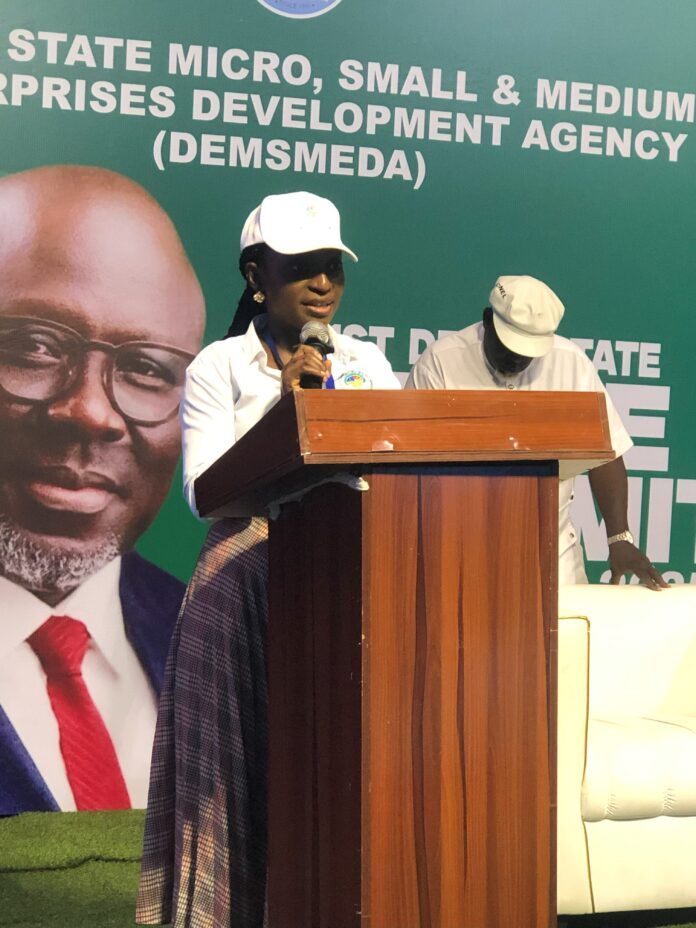


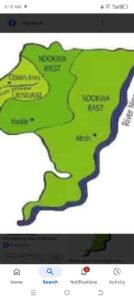
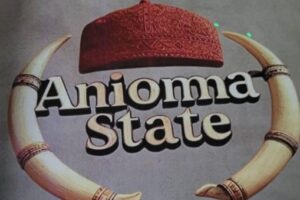
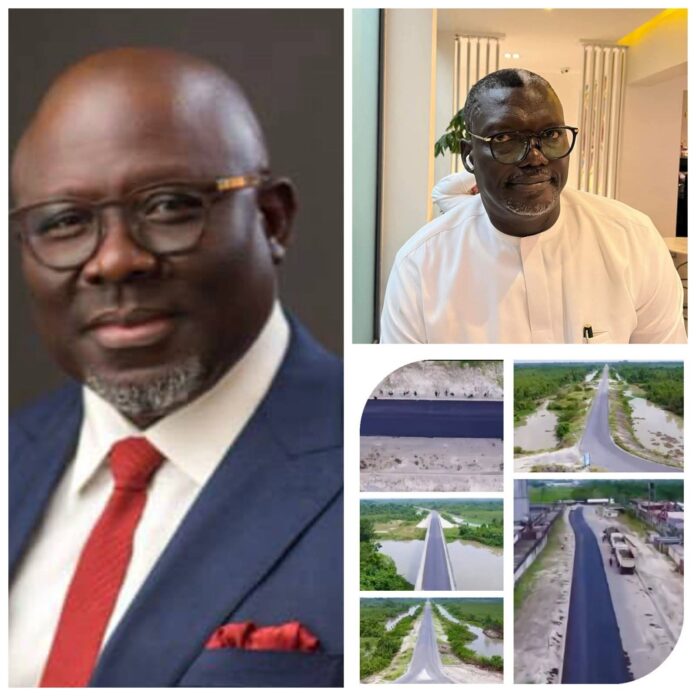

 Delta State Governor, Rt Hon Sheriff Oborevwori, last Wednesday presented the 2026 Appropriation Bill to the State House of Assembly, laying out a blueprint for an accelerated progress under his administration’s MORE Agenda.
Delta State Governor, Rt Hon Sheriff Oborevwori, last Wednesday presented the 2026 Appropriation Bill to the State House of Assembly, laying out a blueprint for an accelerated progress under his administration’s MORE Agenda.
